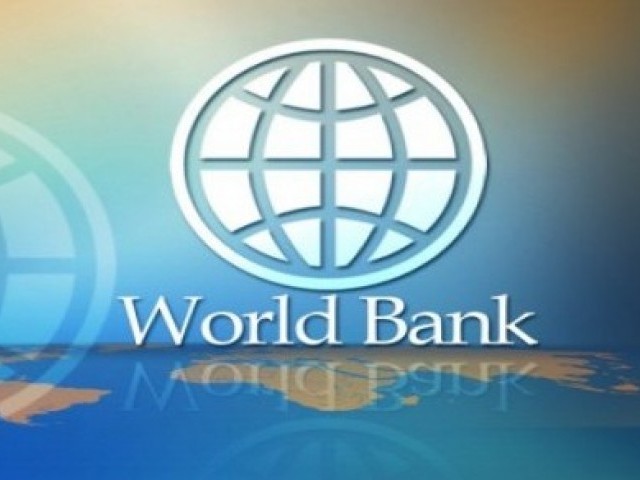The World Bank regularly broke its own promises to protect Indigenous rights around the globe by funding projects that displaced or threatened the livelihood of millions of the most vulnerable people on the planet, a new investigation has found.
Evicted and Abandoned, a joint report published Thursday by the International Consortium of Investigative Journalists and several other outlets, found that a slew of World Bank-funded projects—including dams and power plants—have pushed 3.4 million people out of their homes or off their lands around the world since 2004.
ICIJ reviewed more than 6,000 World Bank documents and interviewed former and current employees and government officials who were involved in Bank-funded projects and found that in many cases, the World Bank violated its own internal policies and ignored evictions caused by its projects. The organization also did little to ensure the safety or livelihood of those who were resettled, in many cases not providing them with new housing or job prospects, as required.
“There was often no intent on the part of the governments to comply—and there was often no intent on the part of the bank’s management to enforce,” said Navin Rai, a former World Bank official who was responsible for the organization’s protection of Indigenous people from 2000 to 2012. “That was how the game was played.”
Between 2009 and 2013, World Bank Group lenders invested $50 billion in projects—like oil pipelines, mines, and dams—that were most likely to have “irreversible or unprecedented” social or climate impacts, such as physical or economic displacements, which have been shown to “rip apart kinship networks and increase risks of illness and disease,” according to the report.

